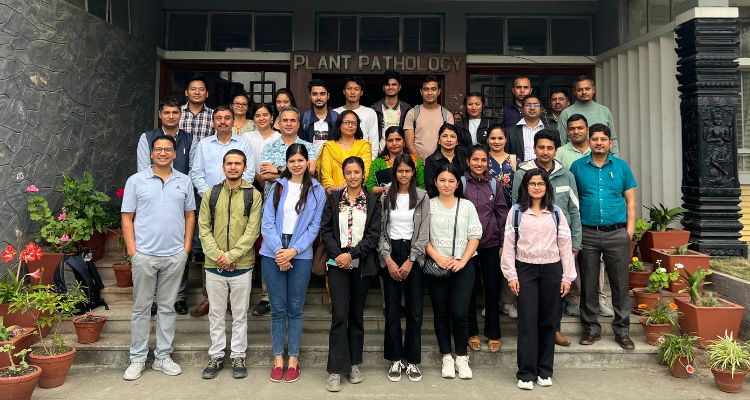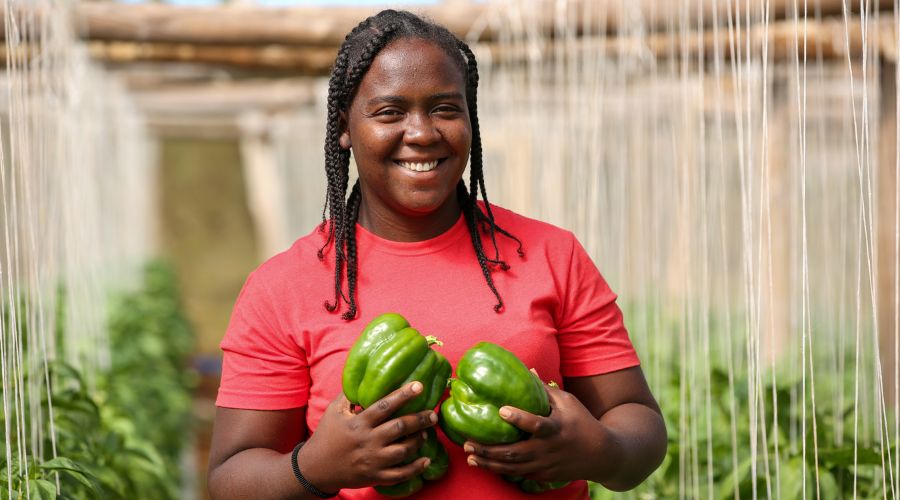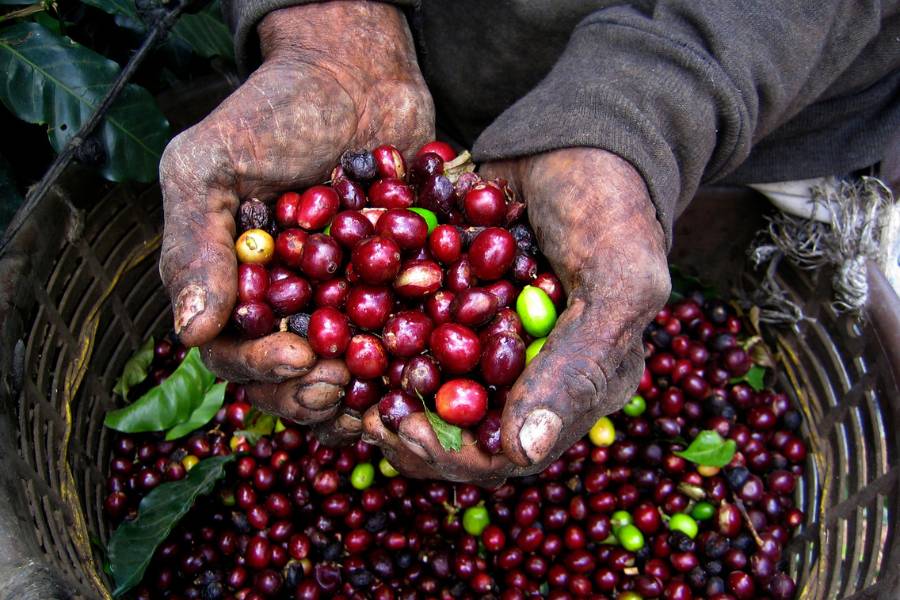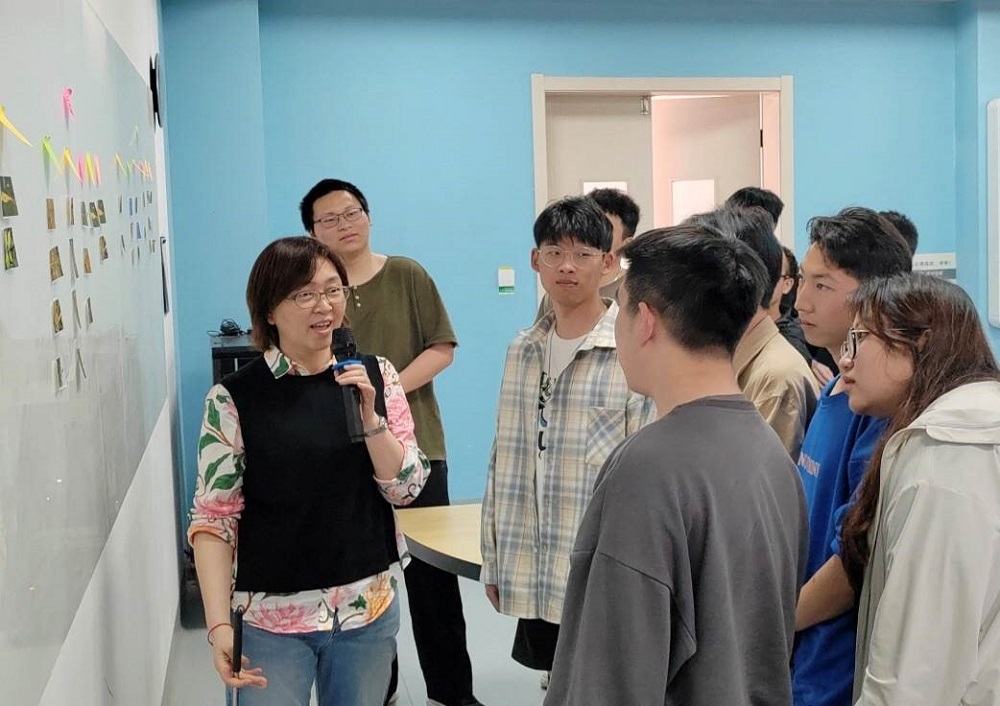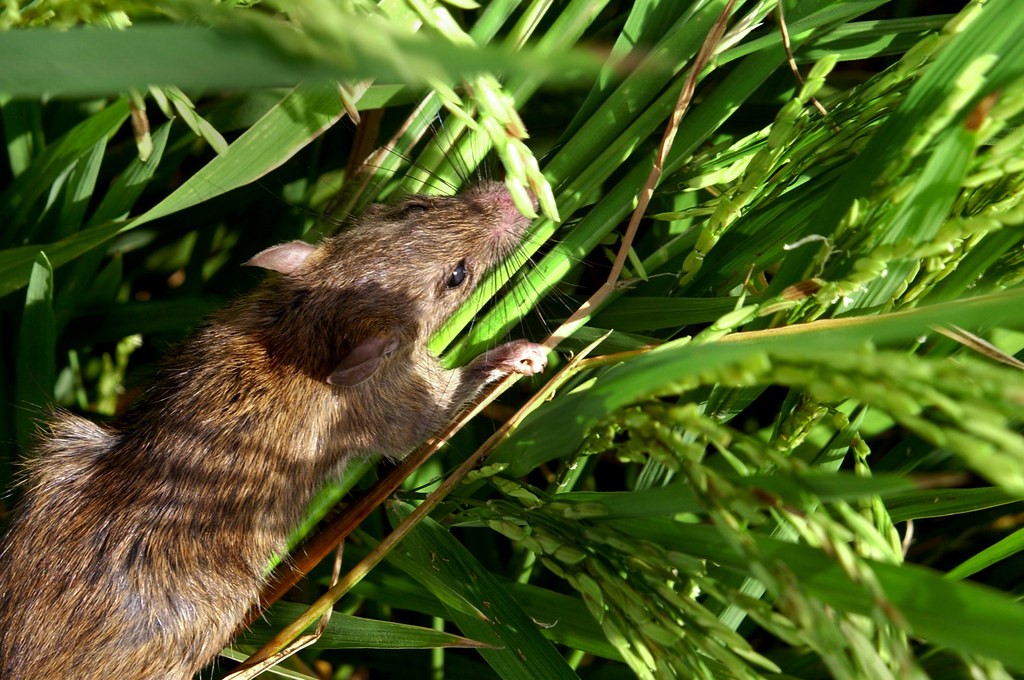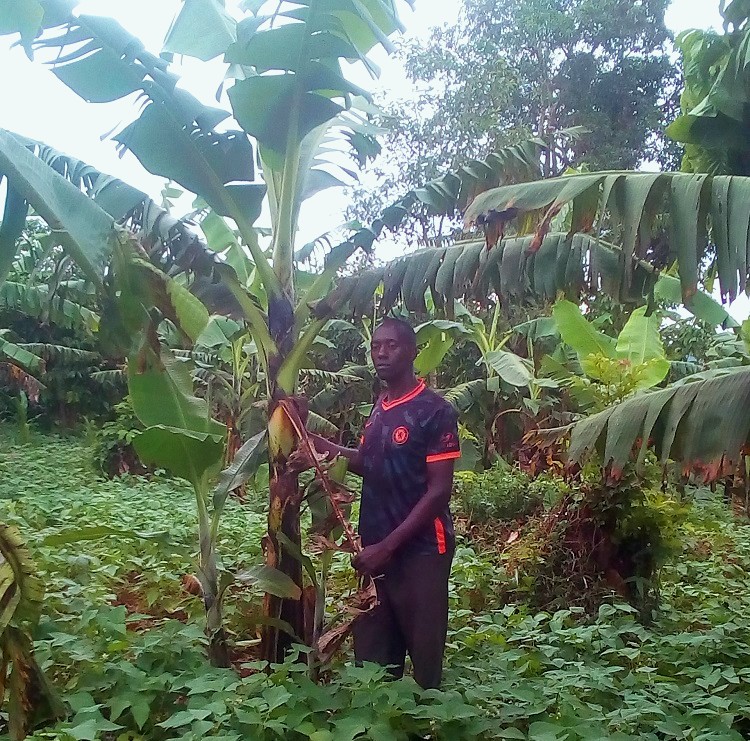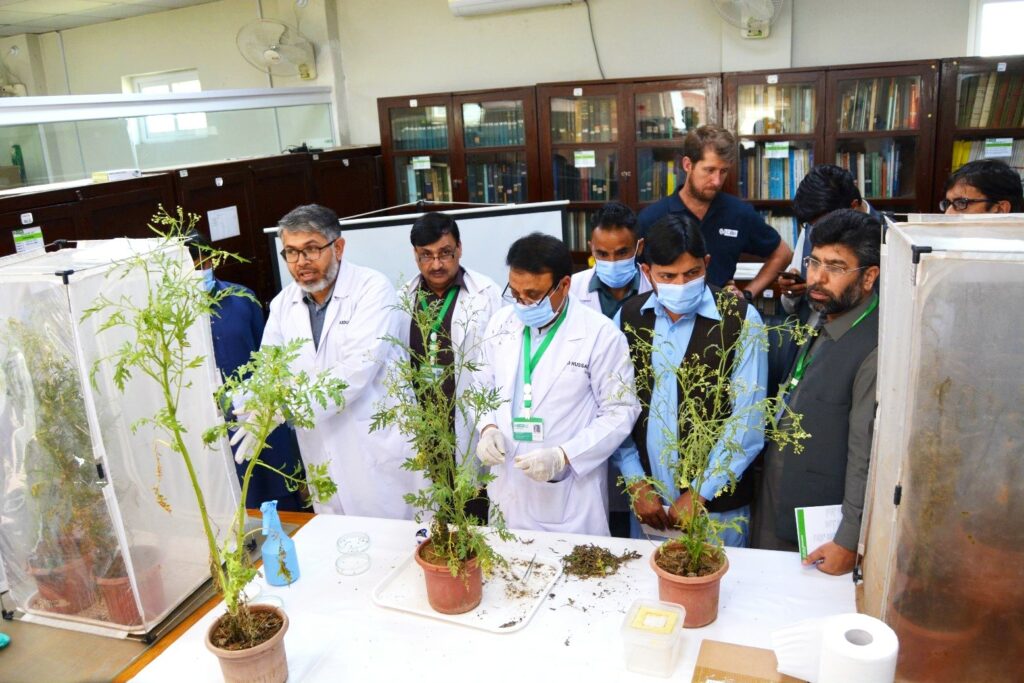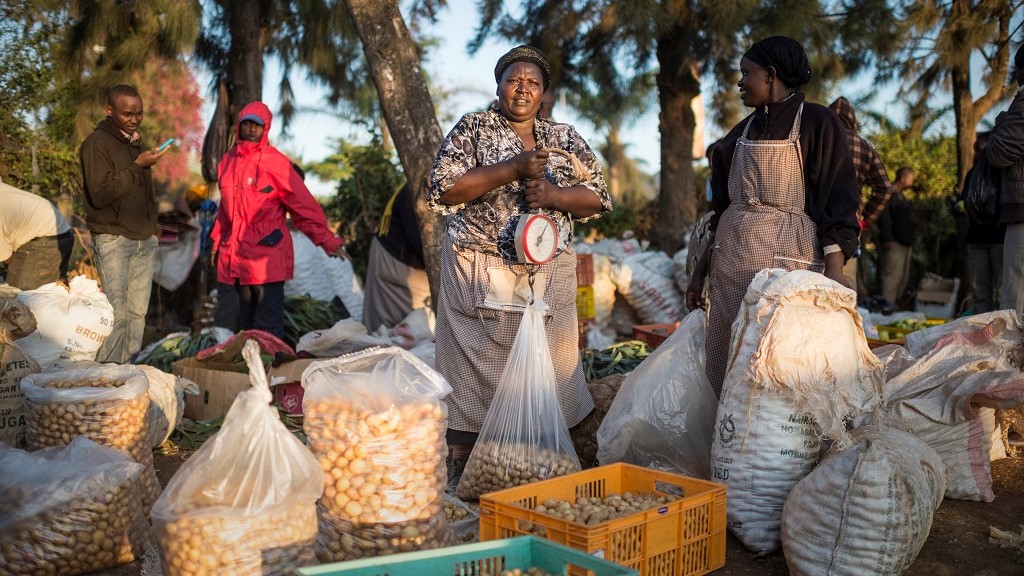Why plant health matters
Why is plant health so important? Plants account for 80% of what we eat and 98% of the oxygen we breathe. They are essential for food security and a healthy world. Better plant health could help end hunger, alleviate poverty, protect biodiversity, and boost economic development. Yet, our planet’s plant health is under threat.
New Pest Management Decision Guides created in collaboration with the Rainforest Alliance
PlantwisePlus and the Rainforest Alliance have collaborated on a collection of Pest Management Decision Guides (PMDGs) for Nicaragua. The PMDGs are available on the PlantwisePlus Knowledge Bank. They provide agricultural advisors and farmers with crop and pest-specific prevention, monitoring and control advice. They enable producers to make informed crop management decisions, minimising the reliance on…
Integrated rodent management: rice production
Rodents are a particularly challenging pest in the rice production industry as they are a problem all the way from sowing to harvest. The rice field rat (Rattus argentiventer) causes average losses of 10-20% in rice growing areas. Ranking as the most important non-weed pest in Indonesia for 15 years up until 2000. Integrated Pest…
Using mass media campaigns to promote safer pesticide use
Multiple channels work best when sharing information about safer pesticide use Giving farmers the tools they need to make pesticide use safer is vital. Mass media campaigns can help to share pesticide information with them. But the campaigns work best when they’re delivered using multiple forms of communication.
Update: New Pest & Disease Records (20 April 2023)
We’ve selected a few of the latest new geographic, host and species records for plant pests and diseases from CAB Abstracts. Records this month include the first report of root rot on onion seedlings caused by Globisporangium irregulare in South Korea, and the first report of Cucurbit aphid-borne yellows virus infecting muskmelon (Cucumis melo) in…

